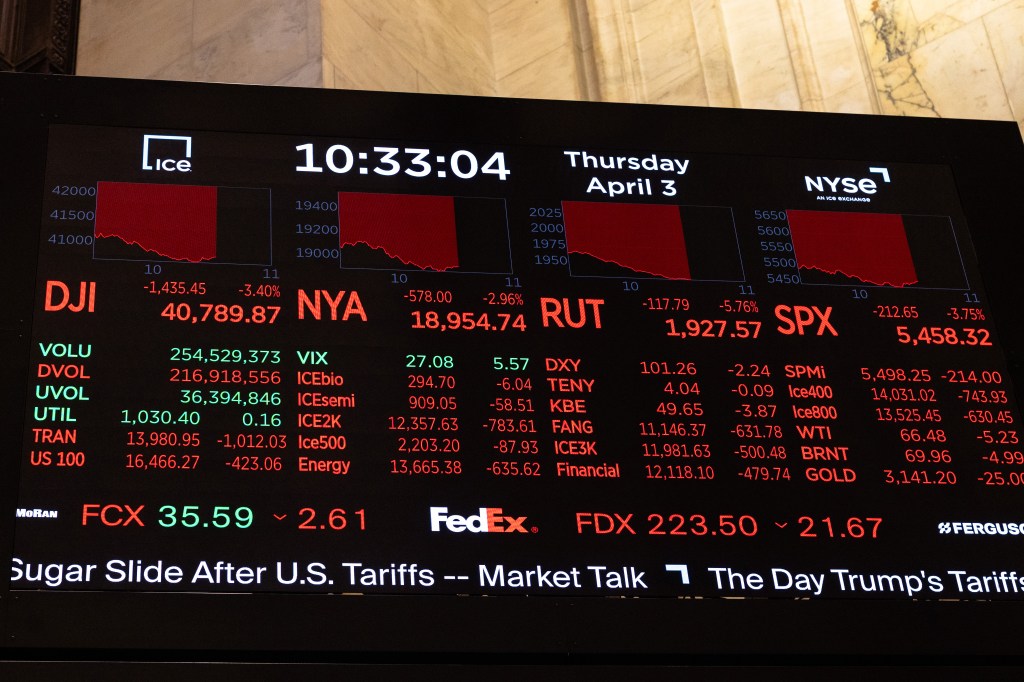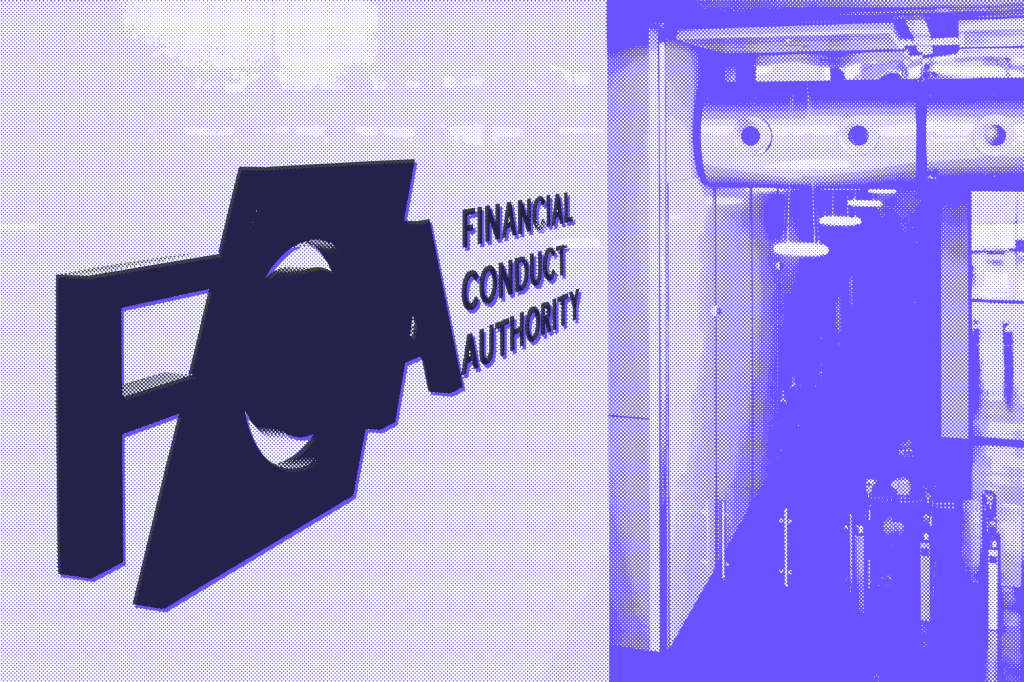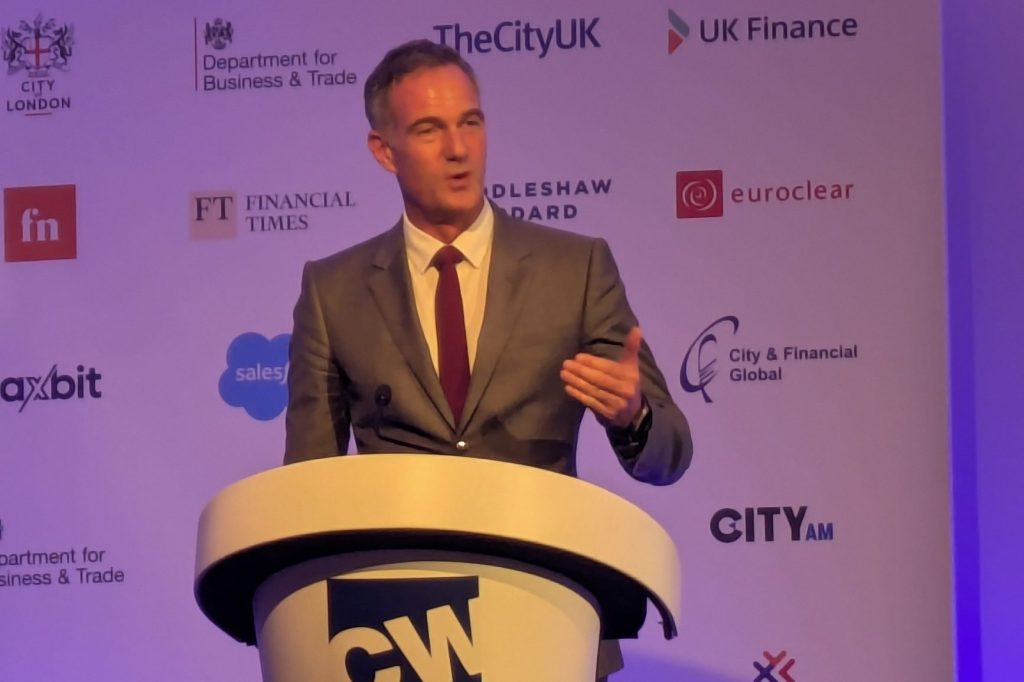A multi-year fraud that concealed losses of hundreds of millions of dollars from investors has led the SEC to charge John Hughes, president, co-founder and chief compliance officer (CCO) of registered investment adviser Prophecy Asset Management LP, for his alleged involvement.
The SEC’s complaint contends the former CCO violated the antifraud provisions of the federal securities laws, and the agency is seeking a permanent injunction, disgorgement of ill-gotten gains plus interest, civil penalties, and an officer and director bar.
The Department of Justice also brought criminal charges, and Hughes has pleaded guilty in US District Court for the District of New Jersey to conspiring to defraud dozens of victim investors out of $294m in funds, US Attorney Philip R Sellinger announced. The conspiracy to commit securities fraud charge carries a maximum penalty of five years in prison and a $250,000 fine, and sentencing for Hughes is scheduled for March 21, 2024.
Hedge fund manager
Prophecy Asset Management was a New Jersey-based hedge fund manager that advised multiple hedge funds and reported more than $500m in assets under management. It was liquidated in 2022.
The SEC’s complaint target Hughes individually, alleging that he and his associates at Prophecy misled the funds’ investors, auditors, and administrator about the funds’ trading practices, risk, and performance – all while collecting more than $15m in fees.
Their false claims induced victims to believe that Prophecy operated low-risk, transparent, and diversified funds. In written and oral representations, the SEC said Hughes, Prophecy and another unnamed individual painted an inaccurate picture of the funds’ financial health by hiding losses and other impaired assets, which, in turn, inflated the value of the funds and generated excessive management and incentive fees to Hughes, Prophecy, and that individual.
“As president and CCO, Hughes served in an important gatekeeping role and owed fiduciary duties to his clients. As alleged, he did not live up to those duties.”
Nicholas P Grippo, Regional Director, SEC’s Philadelphia Regional Office
The SEC said they concentrated a huge percentage of the investment funds’ assets with a single subadviser who sustained massive losses unbeknownst to investors. To conceal these losses from their investors, prospective investors, auditor, and administrator, Hughes, Prophecy, the individual and subadviser fabricated documents and effectively eliminated an important part of Prophecy’s strategy for reducing risk — the requirement that the subadviser provide cash collateral to support the subadviser’s trading. In addition, they concocted transactions designed to give the false appearance that investments had performed profitably, the SEC said.
“As president and CCO, Hughes served in an important gatekeeping role and owed fiduciary duties to his clients. As alleged, he did not live up to those duties. The SEC will continue to use all the tools at our disposal to root out and expose fraud by investment advisers,” said Nicholas P Grippo, Regional Director of the SEC’s Philadelphia Regional Office, about the SEC’s charges.
GRIP comment
The characterization of Hughes as a gatekeeper is interesting. The SEC’s complaint notes that Hughes (in addition to serving as the CCO) was the president and 50% co-owner of Prophecy, and it says he had authority over all uses of investor monies invested in the investment funds defined in the complaint.
But he was a CCO as part of his role, so let’s call him a gatekeeper, even if he was more of a business owner. The gatekeeper role is one in which the professional’s remit is to help clients or employers behave ethically, and they have a specific duty to speak up about misconduct when it happens.
The SEC has brought enforcement actions against gatekeepers who have engaged in wrongdoing themselves or attempted to cover up wrongdoing, engaged in conduct that crossed a clear line, or failed to meaningfully implement compliance program policies and procedures for which the gatekeeper had direct responsibility. And officials from those regulatory bodies have said in speeches that the SEC is keen to ensure such professionals fulfil their professional responsibilities and do not give cover to corporations or executives engaged in possible misconduct.
Hughes worked at an investment advisory business with responsibility over how investor funds were used, and investment professionals registered with the SEC (or all such financial advisers and planners, potentially) owe their investor clients a duty to act solely in their best interest as a fiduciary. So there is another professional obligation breached.
With its dissolution and Hughes’ long-running participation and leading role in the alleged fraud, there was every incentive for the SEC to go after him individually.
Prophecy operated from January 2015 to March 2020 and once had $360m in assets under management, according to prosecutors. It was not a small shop. It had the gatekeepers there that could have interceded (meaning, lawyers, auditors accountants), and it should have had the internal controls to detect misconduct, with a board of directors ensuring the compliance program at the firm was adequate and had oversight over communications with investors, records of transactions, etc., including such oversight of Hughes.
We’l see if other former executives at the shuttered business face similar charges.

















